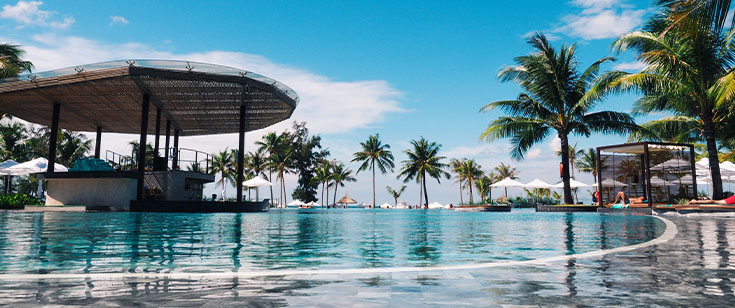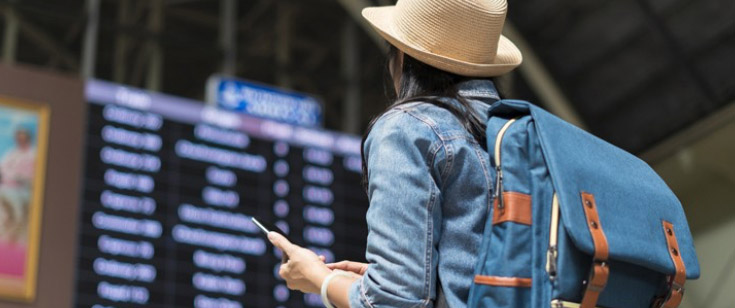In addition to everything hotels are doing to help keep you healthy, you can help yourself by packing a few extra things. We asked the experts what they’d pack. Their suggestions include current guidance from the CDC, as well as a range of personal health and hygiene preferences. You may not need everything we suggest, but it's always better to be prepared. Here’s what the pros are tucking into their suitcases and SUVs, with some of our own suggestions thrown in.
Personal protection equipment
- Face coverings. Make sure they are comfortable, fit well, and “don’t suck in when you breathe or talk, to avoid touching your mucous membranes,” says Dr. Michael Ben-Aderet, associate medical director of hospital epidemiology at Cedars-Sinai Medical Center in Los Angeles.
- Backups. Bring more than one face covering, in case they get soiled or you lose one, advises Jennifer Horney, founding director and professor of the epidemiology program at the University of Delaware. For extra protection, double them up, she suggests. Pack them in a new zip-top bag.
- Mask filters. If your face covering has a removable filter, bring extra to replace those that have been “exposed” to the outside community.
Sanitizing and disinfecting equipment
- Disinfectant spray and alcohol-based (minimum 60 percent) wipes and hand sanitizers.
- Disposable gloves.
- Zip-top plastic bags (to use as makeshift gloves or as a protective covering for TV remotes if they don’t have protective sheaths).
- Paper towels and garbage bags.
- Boxes of tissues.
Health and fitness aids
- First-aid kit. Include cough syrup, pain reliever, anti-diarrheal medicine, and vitamin supplements.
- Self-assessment tools. A thermometer to check your temperature and a pulse oximeter, which measures oxygen saturation levels to determine how well the heart and lungs are pumping oxygen through the body.
- Extra copies of important documents. Include your health insurance cards, medication list, and emergency phone numbers.
- Extra medication and clothing in the event of quarantine.
- Fitness equipment. Yoga mat, weights, or other small fitness equipment for in-room workouts.
- Pool toys. Your own noodles and floats (if the swimming pool is open).
Clothing and bedding supplements
- Slippers or flip-flops. “Never go barefoot on guest-room floors,” advises Sheryl Kline, Aramark chaired professor and deputy dean, University of Delaware.
- Robe and clothing hangers.
- Pillow and pillowcases. Get inexpensive ones you can throw away if they come in contact with germs during your stay. Also pack a travel-friendly blanket
Food and housewares
- Food, snacks, and beverages.
- Disposable plates, cups, and eating utensils.
- Bottle openers and corkscrews.
- Electric coffeepot, iron, or other small appliances.
- Box of coffee filters. In addition to holding your morning java, coffee filters can provide inexpensive, single-use protection for homemade or loosely woven fabric masks.
Laurie Berger is a former editor of the Consumer Reports Travel Letter and a former travel columnist for the Los Angeles Times. She always travels with her own pillow and disinfectant wipes.
Staying at a hotel during the pandemic
We asked the experts about hotel safety during the coronavirus pandemic. Here's what they said.
AAA is upgrading hotel inspections
How clean is your hotel? Spurred by the coronavirus pandemic, AAA raises its level of inspections. Read more.
AAA Travel Alert: Many travel destinations have implemented COVID-19–related restrictions. Before making travel plans, check to see if hotels, attractions, cruise lines, tour operators, restaurants, and local authorities have issued health and safety-related restrictions or entry requirements. The local tourism board is a good resource for updated information.
Travel offers and deals





